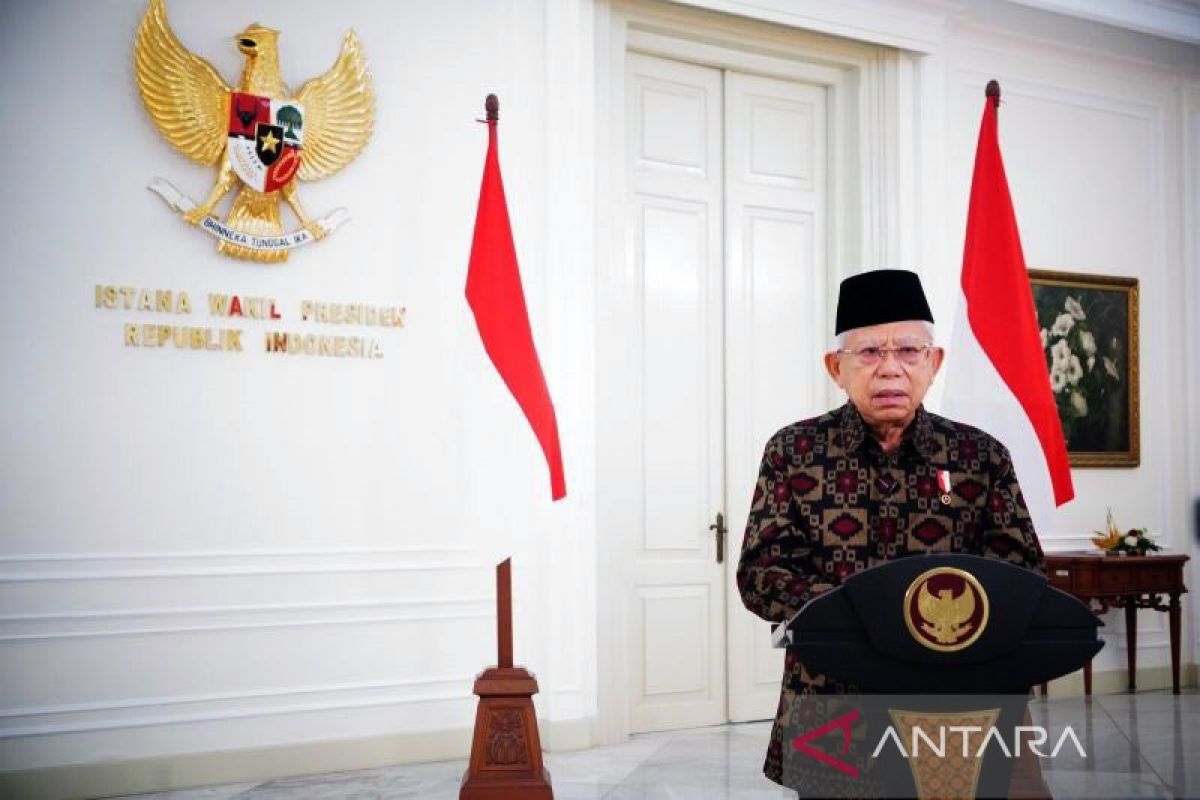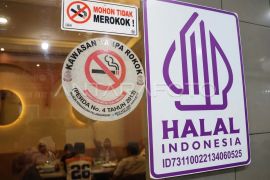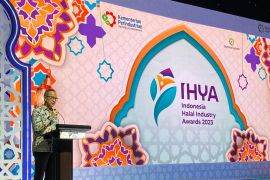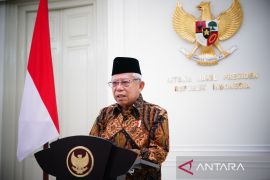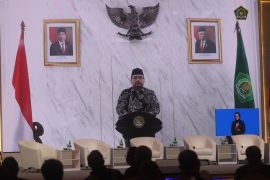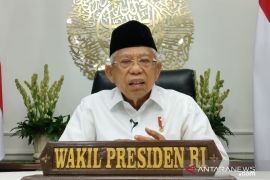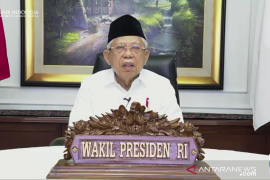First, we need to attract more entrepreneurs to join the halal industry zones.Jakarta (ANTARA) - The National Committee for Islamic Economy and Finance (KNEKS) is seeking solutions to several issues plaguing halal industry zones (KIH) nationwide, Vice President Ma'ruf Amin has said.
"We will continue discussing issues that (the halal industry zones) are facing. First, we need to attract more entrepreneurs to join the halal industry zones," Amin, who is KNEKS' executive chair, informed after presiding over a committee meeting at the Vice Presidential Palace here on Tuesday.
The committee is conducting research and seeking ways to identify issues, particularly fiscal or non-fiscal incentive-related issues, he said.
"Hence, we would also evaluate current issues and the development of the halal industry today," Amin added.
Related news: Indonesia has chance to become renown halal producer: Minister
Meanwhile, Finance Minister Sri Mulyani Indrawati, who is also the secretary of KNEKS, said that the government has provided fiscal and non-fiscal incentives to attract investors and entrepreneurs to join halal industry zones.
"Particularly in Bintan and Riau Islands, which we hope could become a global hub and bolster the value chain of the global halal industry," she added.
The minister said that the government will strengthen efforts to develop the halal industry in 2023, including by simplifying the halal certification process and slashing certification costs.
Related news: Religious Affairs Ministry to hold Indonesia Halal Festival
The Vice President has also instructed the agency to accelerate the halal certification process for at least 1,400 slaughterhouses nationwide, she informed.
Meanwhile, KNEKS' acting executive director, Taufik Hidayat, reported that as of December 2022, the occupancy rate at the three halal industry zones has remained low.
While the occupancy rate at the Halal Industry Park Sidoarjo in East Java has reached 33.1 percent, it has only reached 19 percent at the Modern Halal Valley Cikande in Banten and 4.7 percent at Bintan IntiHalal Hub in Riau Islands, he informed.
"We need support from the Coordinating Ministry for Economic Affairs to coordinate the integration of the industry from the upstream to the downstream process at the three halal industry zones," Hidayat remarked.
Related news: Optimistic Indonesia will lead in halal production by 2024: minister
Related news: Need comprehensive study to maximize halal tourism development
Translator: Rangga Pandu AJ, Nabil Ihsan
Editor: Fardah Assegaf
Copyright © ANTARA 2022
